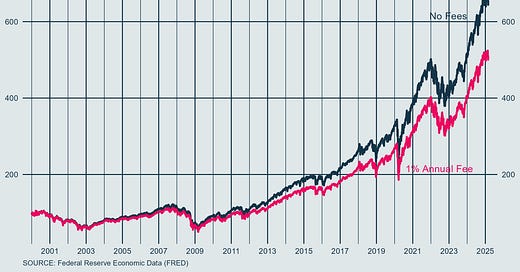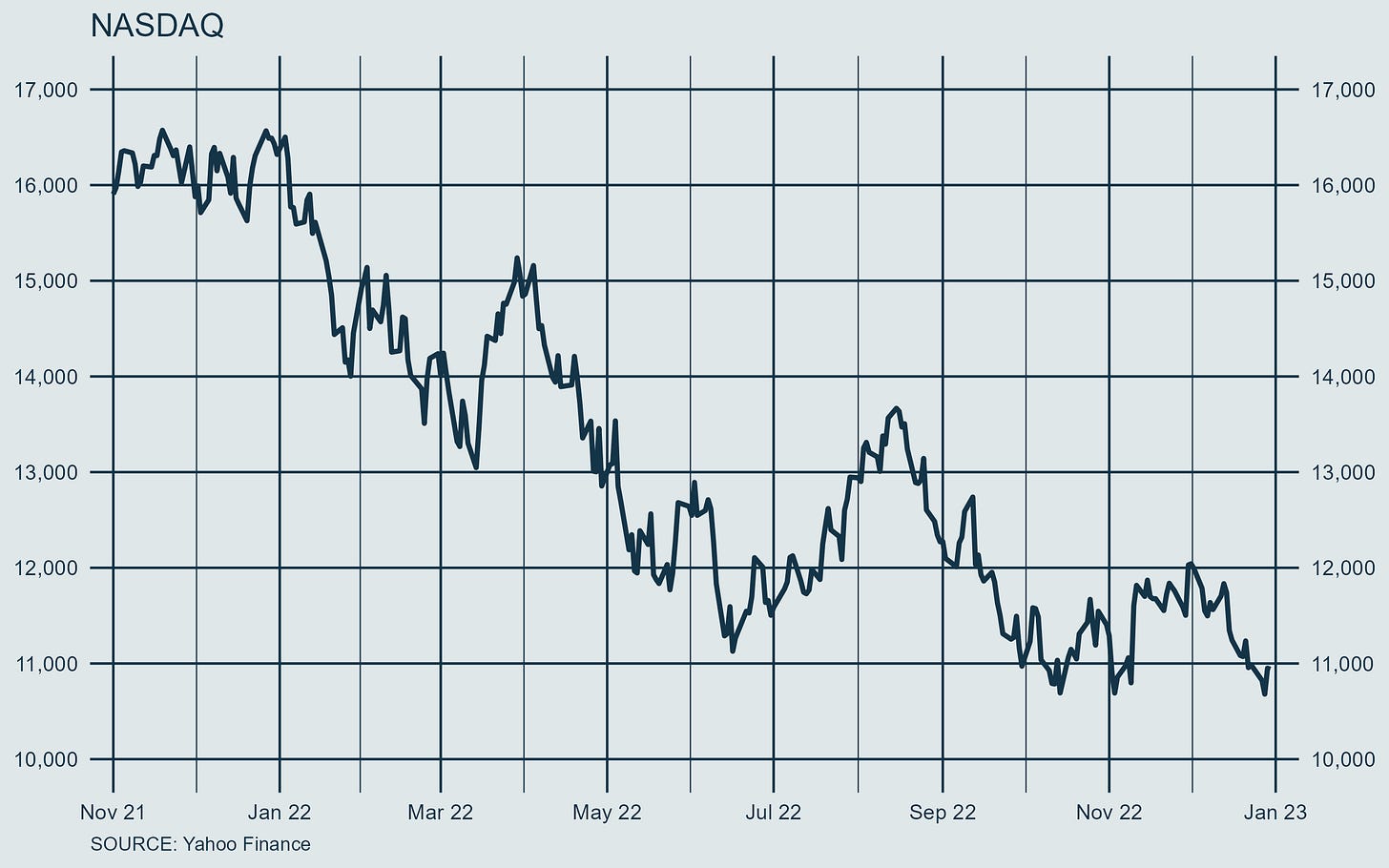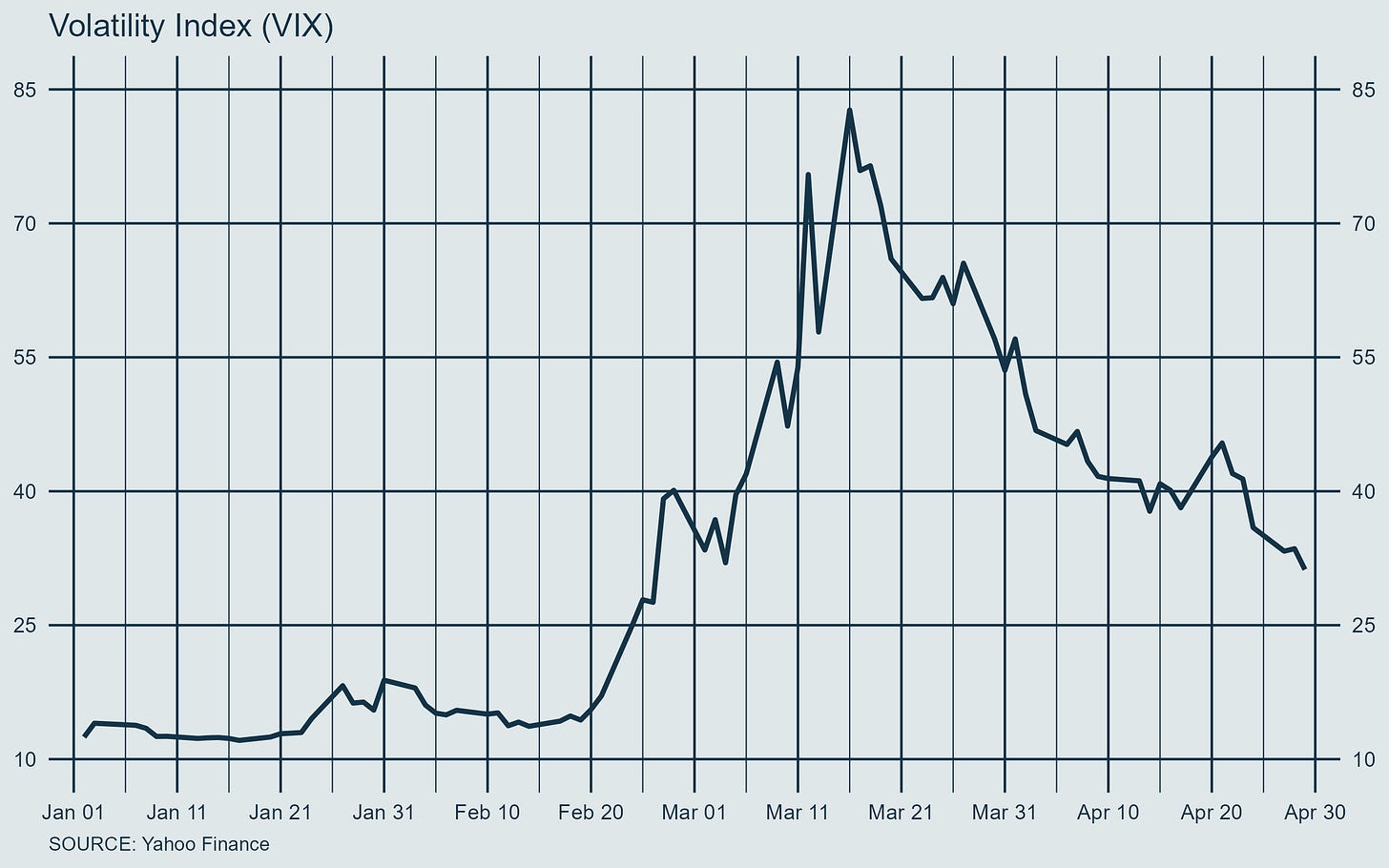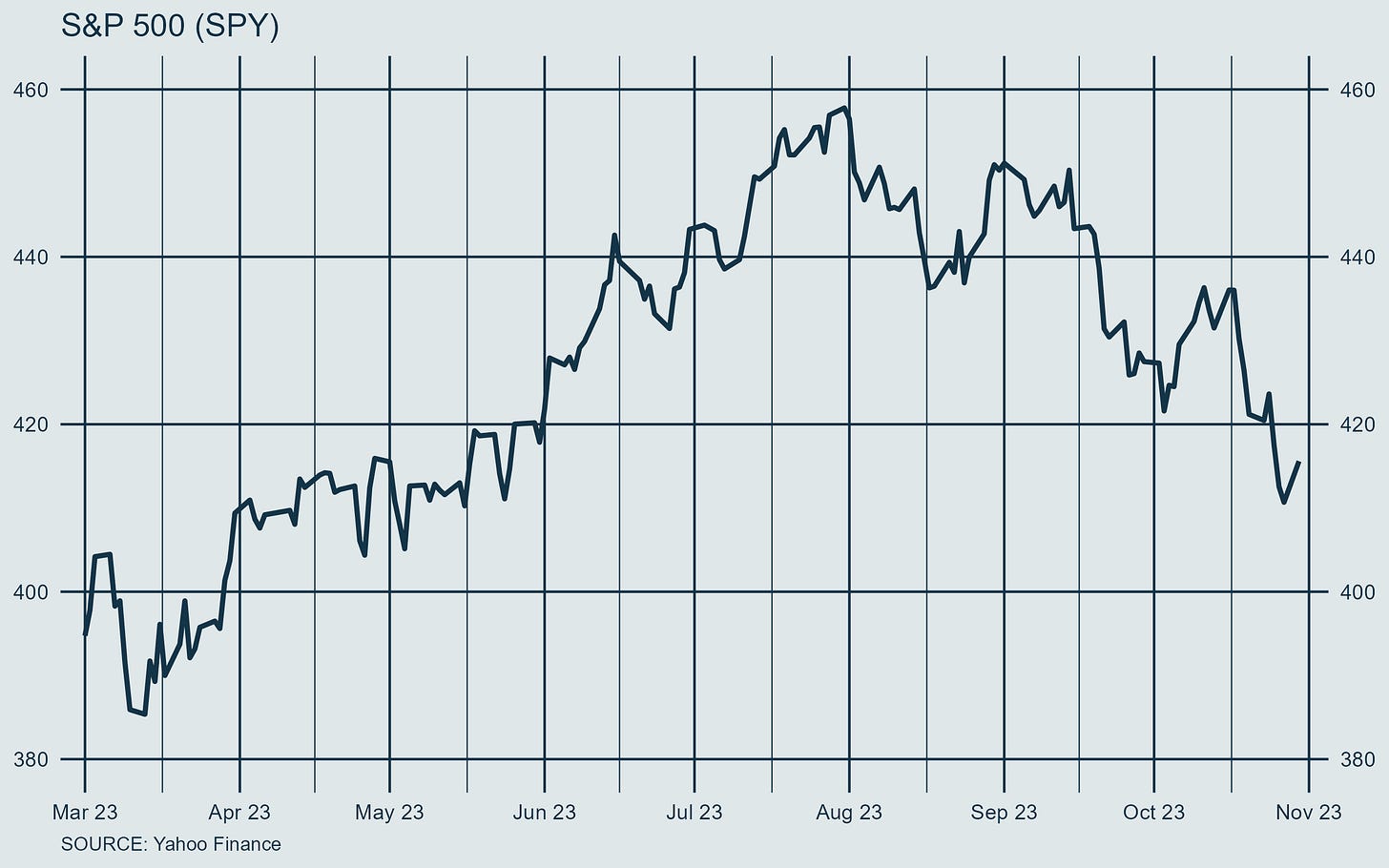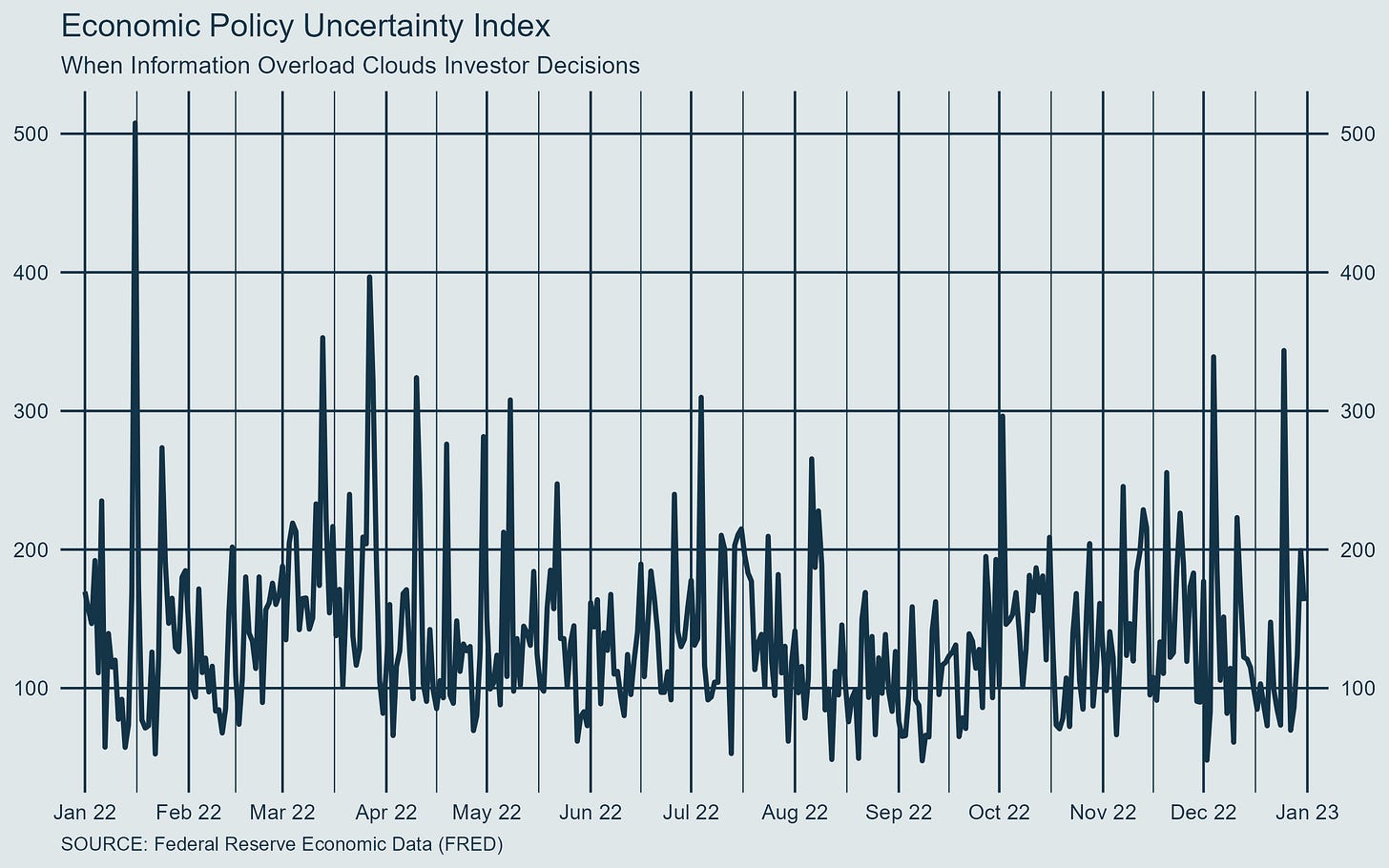Picture Tom, a regular guy managing his own retirement account. In 2021, he's riding a wave of gains from a hot growth sector. Then the market shifts—his core holdings drop 20%. Convinced he can outsmart the dip, he pivots, adding leveraged positions to juice returns. By mid-2022, his portfolio's down 50%, and he's out hundreds of thousands of his hard-earned savings. Tom's misstep?
No discipline.
He abandoned a simple plan for complexity, let emotion steer, and paid the price. He was tinkering with investments when he shouldn't have. We've seen this too often—over-complication fueled by panic.
Tom's story underscores five hurdles every investor must conquer:
Emotional bias
Risk management
Discipline
Information overload
Fee vigilance
Master these, and you don't need the industry's smoke and mirrors.
Emotional Bias: The Urge to Overreact
Emotional bias trips up even seasoned pros. Tom felt it when his portfolio dipped—he ditched his plan to chase a quick fix. Losses sting, and the instinct is to tinker, adding positions to claw back. That’s a trap. A 50% hit needs a 100% gain to recover, and complexity only digs the hole deeper. Look at the NASDAQ, November 2021 to December 2022—it slid hard. People who stayed calm and stuck to basics fared better than those scrambling to “fix” it.
Step back, trust your framework, and skip the panic moves.
Risk Management: Keep It Tight
Risk management is your guardrail. Tom ignored it, piling on leverage with no cap, turning a manageable loss into a wipeout. The industry loves pushing 10+ asset classes as "diversification," but it's often just clutter. Check the VIX on FRED, March 2020—it spiked from 20 to 80 as markets tanked. Investors with a handful of core holdings, sized right, survived; the overextended didn't.
Limit your bets—keep each piece small enough to weather a storm. Simple works.
Discipline: Stick to What’s Clear
Discipline holds it together. Tom lost it, chasing trends instead of his original setup. Markets test you—abandon your plan, and you're sunk. Look at the SPY, March 2023 to October 2023—a relatively flat, choppy stretch. Those who rebalanced a few core assets on schedule beat the advisors shuffling dozens of positions.
Set a basic structure—when to tweak, when to hold—and follow it. No PhD required.
Information Overload: Drowning in Noise
Information overload derails even smart investors. Tom could have fell victim—glued to financial news 24/7, trading on every headline and analyst call. With endless news, analyst takes, and social media chatter (e.g., X posts), it's easy to drown in noise and miss the signal. Look at FRED's Economic Policy Uncertainty Index during 2022—it spiked repeatedly as contradictory narratives flooded the market. Investors who filtered out the noise and stuck to core data outperformed the reactionary crowd. We limit our information diet deliberately. The market doesn't reward those who consume the most content, but those who distinguish between signal and noise.
Filtering reliable data and avoiding knee-jerk reactions to headlines is a skill worth mastering.
Fee Vigilance: The Compound Drain
Fee blindness compounds over decades. Some don't realize "premium" managed accounts can carge 1.35% annually until somesone has showed them thay paid $217,000 in fees over 15 years—for underperformance. The industry buries costs in fine print, betting you won't do the math. Check FRED's S&P 500 Total Return Index since 2000—a simple index fund captured those gains with fees under 0.1%. Meanwhile, the average active fund charged 15-20x more for worse results. We audit every cost quarterly—advisory fees, fund expenses, trading costs. A 1% fee reduction on a $500,000 portfolio compounds to an extra $340,000 over 30 years.
Know what you're paying, challenge every fee, and keep what's rightfully yours.
My Take: Simplicity Wins
For decades the best investors have preached these five lessons. The reason they keep coming up is becaseu they work:
Emotional bias? We wait a day after a big drop—no rash moves.
Risk management? We keep positions lean, inspired by those VIX spikes.
Discipline? We track our calls and reviewed monthly to stay honest.
Information overload? We focus on a few key indicators and tune out the noise.
Fee vigilance? We do it ourselves.
This industry hands you a “custom” portfolio—10+ holdings, 1% fees—and calls it value. It’s an outdated way of managing money. A simple strategy you grasp beats that every time. Take these lesson to heart so you can ditch the complexity and keep more of what’s yours.

